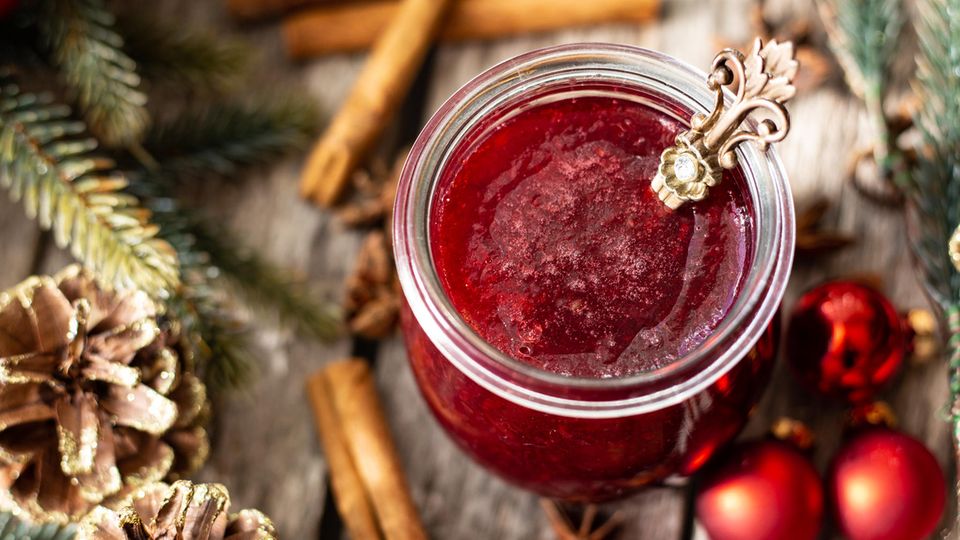Mulled wine in the eco test
Glow in splendour: You can toast with confidence with these teas – but some have unwanted accompanying substances
Mulled wine tastes best in cold temperatures.
© Getty Images
Ökotest has dedicated itself to winter’s favorite drink: mulled wine. The result is impressive, the majority is convincing. However, a few outliers contain undesirable flavorings and traces of pesticides.
The cold season is here, and with it comes the desire for mulled wine to warm yourself from the inside. The first products have been appearing in supermarkets since mid-September. So Ökotest piped in mulled wines – 24 in number – and found that nothing stands in the way of the sweet pre-glow. More than half of the mulled wines examined were rated “good” or “very good”. An innovation: only nine mulled wines are rated in the print edition, the remaining 15 results are available online here can see.
Ökotest examined nine different mulled wines for a meaningful test by the editorial deadline, including organic products as well as own brands from discounters and traditional winemaker mulled wines. Four of them received the rating “very good”, including all three organic mulled wines (Alnatura, Acht Grad Plus and Voelkel) and the premium mulled wine from Aldi Nord (3.23 euros per liter). The worst rating was “adequate” for Grandma’s mulled wine stall (3.48 euros).

Unwanted flavorings, pesticides
Some mulled wines contained undesirable flavorings such as vanillin. The vanillin content was increased in the mulled wines from Christkindles MarktGlühwein, Grandma’s mulled wine and Norma’s Christmas mulled wine, among others. The flavorings were considered inauthentic and a defect. Mulled wine manufacturers are currently not required to list all ingredients on their bottles, making it difficult for consumers to identify added flavorings.
All conventional mulled wines in the test contained traces of pesticides, which probably come from grape cultivation. However, some of the pesticides have been identified as being of particular concern. The mulled wines from the Franconian Winegrowers Association (GWF) and the Baden Winegrowers (WVB) were particularly negative. In contrast, the organic mulled wines showed no traces of pesticides.
While the majority of mulled wines performed well in the test, consumers should pay attention to unwanted flavorings and traces of pesticides in some products. The labeling of added flavorings will be mandatory from December 2023. Organic mulled wines performed best in terms of pesticides. Mulled wine lovers should pay attention to quality and origin when choosing their mulled wine to ensure carefree enjoyment. Full test results will be available online from December 1st.


